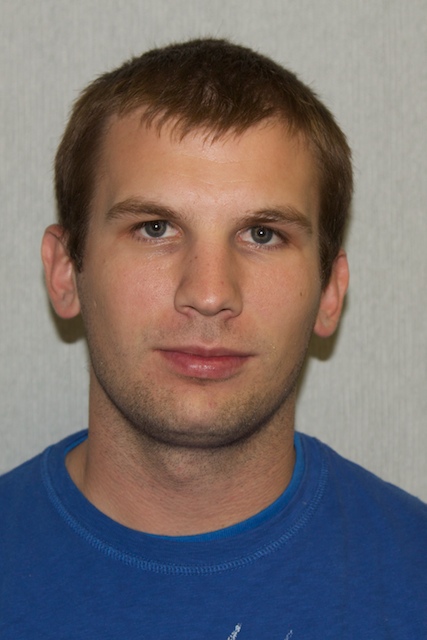
1.
Think about the many things we covered in class: blogs, wikis, presentations, Google Docs, Google spreadsheets, Picasa, podcasts, videocasts, YouTube, posts you read, PLNs, Twitter, other teachers and students outside of our region, comments4kids, iTunes, iTunesU, accessibility issues and the use of html tag modifiers to address some of those issues, who you are as a professional, Google forms, data bases, Google Earth, Delicious, ACCESS, ALEX, Foliotek,
technological literacy, the future of schools, your "intellectual trail". Did I miss anything? Take each of these and consider what you learned and how or if it may or will be useful to you as a teacher. and as an individual in this "modern age." List what you learned and comment about it if appropriate. List as many things as you can think of. If you did not learn anything from this class, say so. I hope, however, that was not the case.I learned more in this class about technology than I have in any of my other classes combined. Before this class, I visited probably two websites on a daily basis. Now I know about blogs, wikis, presentations, Google docs, Google spreadsheets, Picasa, podcasts, videocasts, YouTube, posts you read, PLNs, Twitter, other teachers and students outside of our region, comments4kids, iTunes, iTunesU etc. I am no doubt better prepared not only as a student and future teacher, but also as a regular citizen when it comes to using technology.
2.
Are there things you would like to have learned in this class but did not?One thing I would have liked to have learned in this class was more about photoshop.
3.
Are there things you learned in this class but wish you had not (and you will try and forget them or not use them as soon as possible)?I honestly can't think of a single thing that I learned in this class that I wish I hadn't. Everything we learned will benefit me.
4.
Did this class excite you in any way? I mean excite, as opposed to "was useful" or "was interesting" or "I did it"? If No, say that. If Yes, tell me what excited you, why, and how.
The project that excited me the most was project 11. I have always wanted to make a presentation using my own music, videos, and voice. That was a great project.
5.
Did you find anything in this class to be particularly "intellectually challenging"? If so, what? Why do you think it was "intellectually challenging"?Everything was intellectually challenging because everything required you to put sincere thought into it. This wasn't a class of right or wrong answers. You couldn't just make a guess at something and hope it was right. You have to put the work in, and your effort shows.
6.
Were you bored by this class at any time? If so, what bored you and how might that be corrected?Never bored.
7.
Would you change this course in any way (add things/delete things or anything else)? If so, give me your suggestions. Since I am always changing this course I could use your input!As stated earlier, photoshop would have been fun. Not sure how useful that could be in education, but it has always interested me and I have never done it.
8.
Are you Technologically Literate at the moment? To what extent? Low Some Medium Good GreatI think I am medium when it comes to technologically literate. This class has taught me a ton, but I am still not close to where Dr. Strange is at.
9.
How will you maintain or improve your technological literacy between now and the time you graduate? … the time you start teaching?I will improve my technology by continuing to improve in everything we learned in this class. I know the basics now to many things I never had a clue on. Now it is time to master it.






